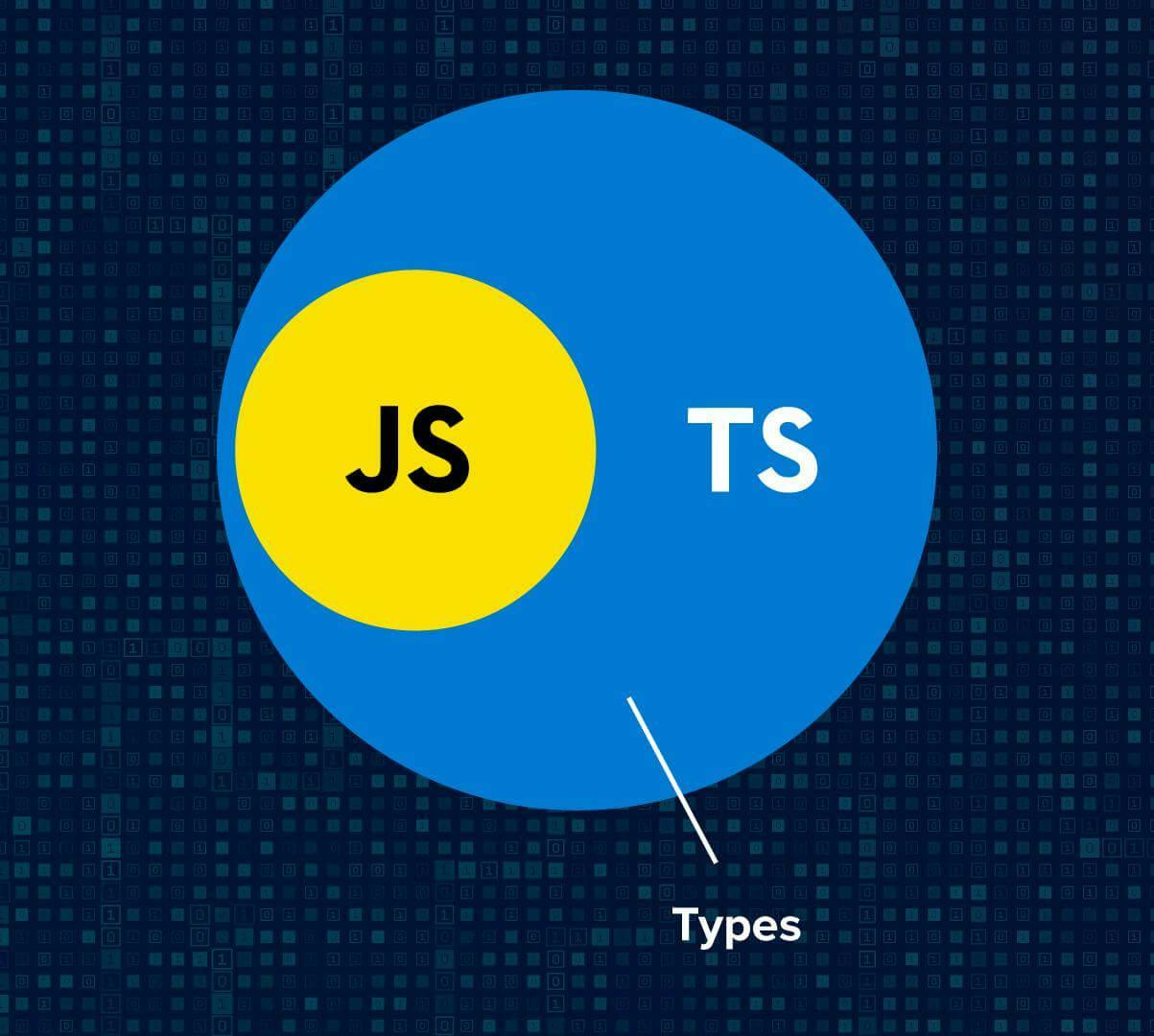TypeScript: Elevating Development Standards
Friday, September 15, 2023

Introduction
In the ever-evolving landscape of web development, the choice of tools plays a pivotal role in determining success. TypeScript, a statically-typed superset of JavaScript, has risen to prominence as the industry standard, revolutionizing the way developers approach the creation of modern applications. This tech blog explores the factors that have catapulted TypeScript into the limelight, establishing it as the preferred language for numerous developers and organizations, and setting new benchmarks in the industry.
Type Safety: Elevating Code Quality
TypeScript introduces static typing, enabling developers to declare variable types and identify potential errors during the development phase rather than runtime. This enhances code quality, minimizes bugs, and provides a robust development experience. The capacity to define and enforce types improves code predictability, easing maintenance and scalability.
Enhanced Developer Productivity: Tools at Your Fingertips
TypeScript boosts developer productivity by offering advanced tooling and editor support. Leading integrated development environments (IDEs) like Visual Studio Code provide features such as intelligent autocompletion, real-time error checking, and automatic refactoring. This results in expedited development cycles and a more seamless coding experience.
Improved Code Maintainability: A Static Foundation
The static nature of TypeScript promotes superior code organization and maintainability. By explicitly defining types and interfaces, developers create self-documenting code, facilitating comprehension and contribution within the team. Collaboration is streamlined, and codebases become more scalable and adaptable to change.
Gradual Adoption and Interoperability: A Flexible Transition
Designed to be compatible with existing JavaScript code, TypeScript allows developers to adopt it gradually without necessitating a full rewrite of projects. This flexibility renders it an attractive choice for teams working on large codebases or legacy projects, as they can incrementally leverage TypeScript's benefits.
Community and Industry Support: Thriving Together
TypeScript enjoys robust community support and widespread adoption in the industry. Major frameworks and libraries, including React, Angular, and Vue, officially endorse TypeScript, seamlessly integrating it with popular technologies. The active community contributes to the language's evolution, ensuring its relevance and alignment with the latest web development trends.
Tooling Ecosystem: Empowering Development
The TypeScript ecosystem boasts a rich array of tools and libraries that augment the development process. From testing frameworks to build tools, TypeScript's ecosystem is well-supported and continually evolving. This comprehensive tooling facilitates efficient application development, testing, and deployment.
Conclusion
In the ever-changing landscape of web development, TypeScript emerges as the industry standard, offering a potent blend of type safety, developer productivity, and code maintainability. Its gradual adoption path, strong community support, and compatibility with existing JavaScript code position it as a pragmatic choice for teams and organizations aiming to elevate their development standards. By embracing TypeScript, developers aren't merely following a trend; they are investing in a language that enhances the quality, scalability, and maintainability of their codebases.